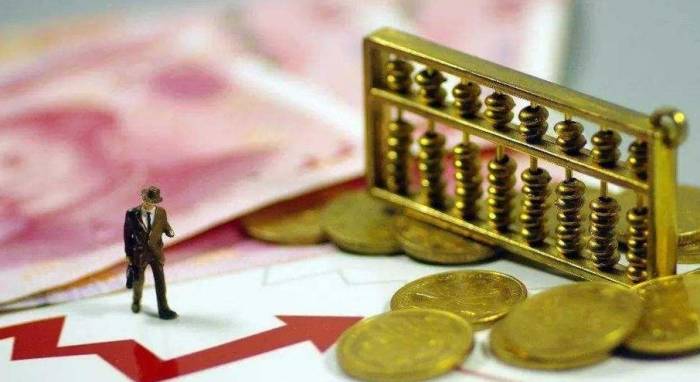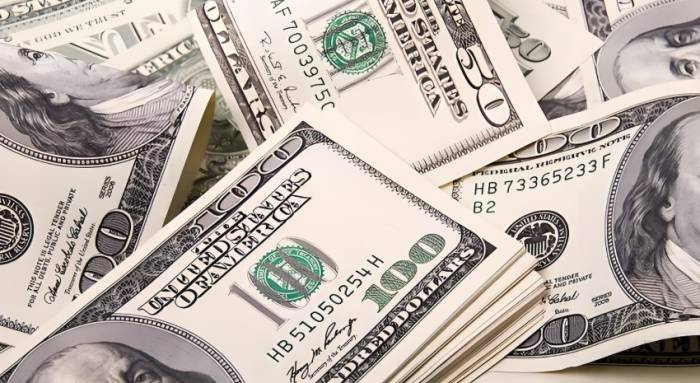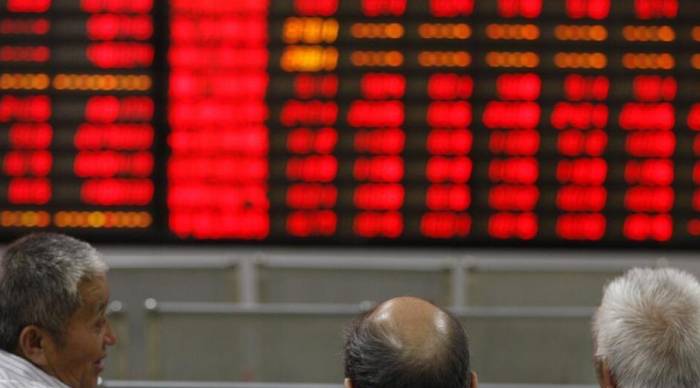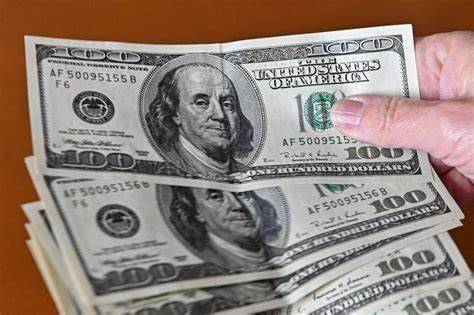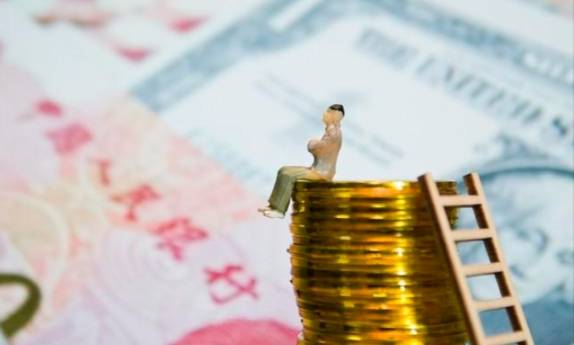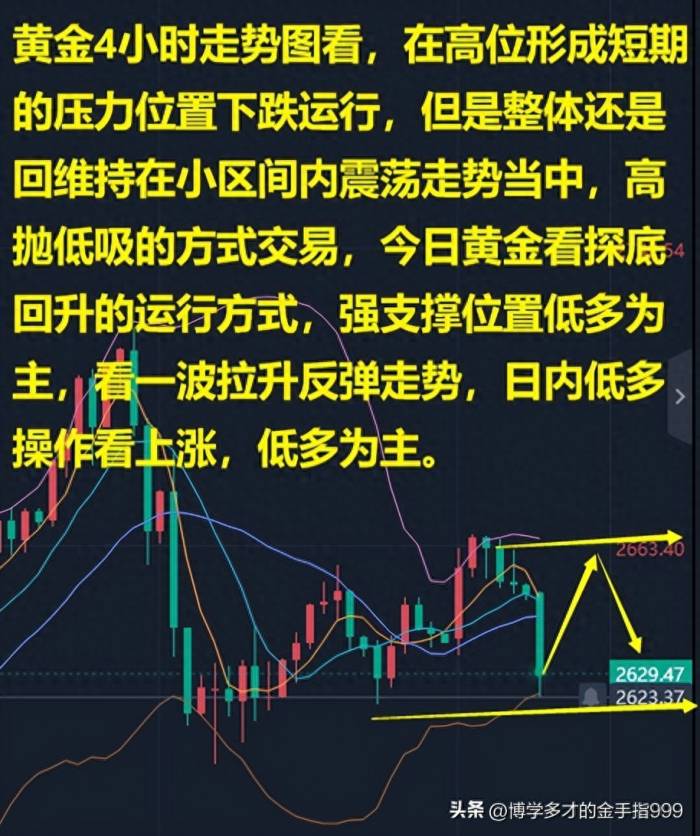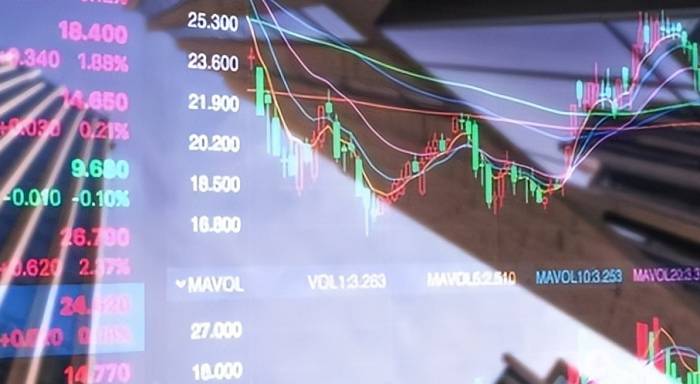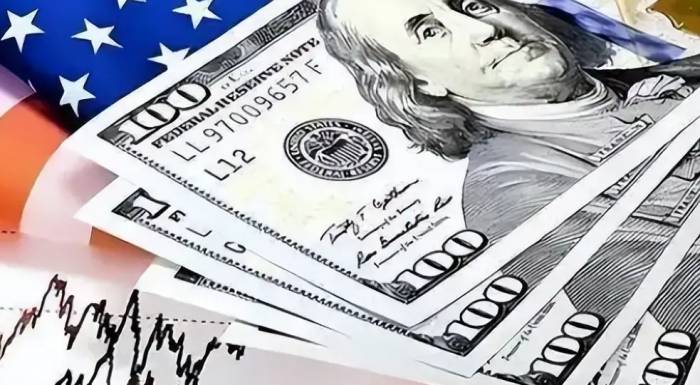On the morning of November 5th, China's Shanghai Composite Index opened higher, amidst the final stages of the US presidential election. The looming question over whether Kamala Harris or Donald Trump would prevail seemed to be hinted at in the currency fluctuations in recent days, suggesting that the first female president might be on the horizon.
With Kamala Harris potentially assuming office, what could it mean for the A-share market in China?
Since the end of the National Day holiday, speculation surrounding a second wave of market growth for A-shares has proliferated. However, each market close has left investors feeling shortchanged, leading many retail investors to believe they are being taken advantage of.
Retail investors express concern over structural deficiencies within the A-share market, where arbitrage opportunities perpetually cast them as the ultimate losers.
Yet, looking from a broader view, there are emerging trends: stock buybacks have now exceeded equity financing, the outcome of the US election is nearing, interest rate cuts loom ahead, and the National People's Congress is wrapping up. In a few days, pivotal details concerning Sino-American relations will unfold.
Foreign capital has surged into the market with a whopping 170 billion yuan being funneled into Chinese assets; how can anyone still doubt the strength of the market?
Currency Fluctuations Reveal Election Trends
Recent weeks portrayed Trump in a seemingly powerful position, yet it appears his reign may soon approach an end.
This week is set to be one of significance, with the US election outcome, Federal Reserve interest rate adjustments, and fiscal policies by China's legislative body all awaiting disclosure.
The first of these developments to emerge will be the result of the US election, with speculation heating up about who will emerge victorious, Trump or Harris.
Just months ago, many believed Trump was assured another term in the White House, bolstered by polls and the performance of Trump-associated stocks indicating his firm popularity.
However, an unexpected surge in the RMB to USD exchange rate has emerged since the start of November. Despite the continuous dissemination of non-farm payroll data and the market absorbing potential news of US rate cuts, the sudden rise in the value of the Chinese currency has sent ripples through the market.
Such currency fluctuations provide insights into capital market sentiments, suggesting a growing confidence in Harris's potential victory.
It is widely acknowledged that a Trump administration could impose tariffs exceeding 60% on Chinese imports. If Trump were to prevail, China might be forced into a strategic devaluation of the yuan to mitigate the impact on its exporting industries, ensuring that foreign consumers would find Chinese goods more affordable.
Consequently, the previous drop in the yuan against the dollar reflects concerns over Trump's reelection, while the recent upswing signals a shift in market optimism towards Harris.
Should Harris indeed take office, how would this influence the A-share market?
For export-oriented enterprises, Harris’s more moderate trade policies compared to Trump could mean relief; Harris has declared intentions to regulate consumer goods pricing, potentially favoring sectors like renewable energy, biotechnology, and resource stocks, while traditional energy and semiconductor sectors may face headwinds.
From the onset of Biden’s presidency, a notable crackdown on China’s semiconductor industry has been evident, and Harris is expected to follow a similar approach.
Regardless of whether Trump or Harris leads, the underlying stance against China is unlikely to soften, albeit with different focal points. In the ongoing battle for the Chinese stock market, success is imperative.
When Will A-shares Emerge as a True Investment Market?
To secure victory in this stock market showdown, one cannot overlook internal challenges within the Chinese stock market, as A-shares have long been labeled as a "money-grabbing" market.
A sustainably bullish stock market can thrive only with a consistent influx of capital.
The sustained bull market in the US is largely driven by the market's inherent appeal, with no necessity for governmental interventions to attract funding.
It is well-known that the US market generates substantial internal funding, categorically described as "self-sustaining."
The volume of stock trading greatly overshadows that of newly-listed companies and those exiting the market, minimizing worries over liquidity.
However, China’s A-share market tells a different story.
In the A-share context, buybacks and increased holdings are relatively scarce, with shareholders frequently seizing any opportunity to divest their shares, even violating regulations in pursuit of selling.
Historically, the total amounts for buybacks, acquisitions, and dividends in the A-share market have failed to compete with those of new listings, refinancing initiatives, or sell-offs.
This discrepancy indicates that A-shares are starved of self-generated funding, perpetuating a cycle of loss—hence the label "money-grabbing market."
Consequently, the market has endured continuous declines while regulatory bodies strive to attract fresh capital.
Nonetheless, there have been signs of positive shifts over the past year.
Recent reports indicated that the amount of stock repurchases within Chinese markets has officially outstripped equity financing for the first time.
This progress marks a pivotal transition for China's stock market, evolving from a reliance on external financing to a more mature investment-focused atmosphere.
It represents a historical milestone, as several firms begin to allocate substantial resources toward stock buybacks, alleviating market funding strains and fostering investor confidence.
However, this data also encompasses figures from the Hong Kong stock market.
Focusing solely on mainland Chinese markets, when stock repurchases finally exceed equity financing, we will have solid evidence to proclaim that A-shares have transitioned successfully into an investment platform.
At that juncture, expectations of sustained upward movements in A-shares can materialize.
Achieving this would signify essential advancements in internal regulatory frameworks within the A-share market, a necessary step toward long-term growth.
Foreign Capital Surge: 170 Billion Yuan
So, is the current market wave truly worth anticipating?
It would be prudent to cease skepticism about the market.
According to a recent global capital flow report released by Goldman Sachs, in the past four weeks, the net influx of capital worldwide has totaled $63.628 billion, with $37.228 billion entering US markets and $24.385 billion flowing into A-shares, translating to approximately 170 billion yuan.
Further, as the markets opened on November 5th, all three major A-share indices surged over 1%.
Despite the US indices showing minimal gains the previous day, A-shares displayed resilience, underscoring active foreign investments and indicating growing bullish positions.
However, with the US elections and potential shifts in interest rates and fiscal policies looming, fluctuations in A-shares may intensify. Nonetheless, it is essential to remain confident as A-shares could soon deliver a rewarding outcome—we may just be on the brink of witnessing history.

